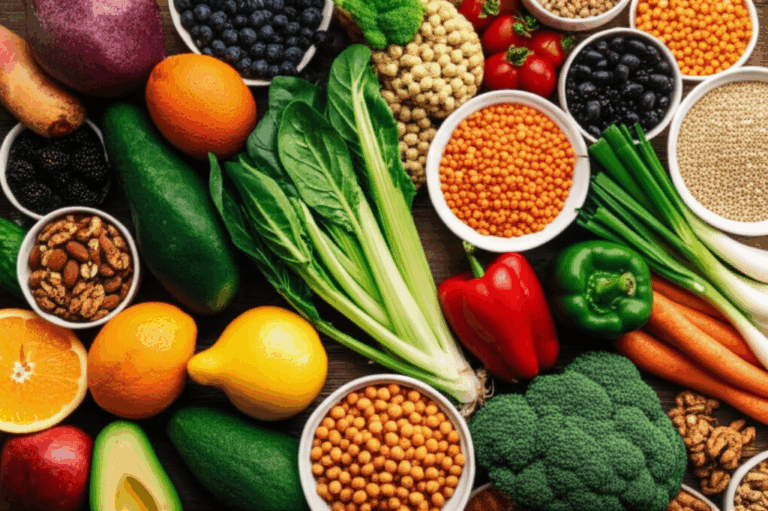In a world increasingly reliant on quick fixes and concentrated pills, the fundamental truth of nutrition remains: whole foods are paramount. While supplements can play a targeted role in addressing specific deficiencies or unique physiological needs, dietitians consistently emphasize that obtaining nutrients from their natural sources offers unparalleled benefits. This “food-first” approach ensures a complex interplay of vitamins, minerals, fiber, antioxidants, and other beneficial compounds that work synergistically within the body, a synergy that isolated supplements often cannot replicate.
Prioritizing nutrient-dense foods means selecting options that pack a high amount of essential nutrients per calorie, without excessive saturated fats, added sugars, or sodium. This strategy not only provides a comprehensive nutritional profile but also supports better absorption, satiety, and overall long-term health, contributing to a lower risk of chronic diseases.
Here are 11 nutrient-dense foods that dietitians recommend incorporating into your daily diet, allowing you to harness the full power of nature’s pantry:
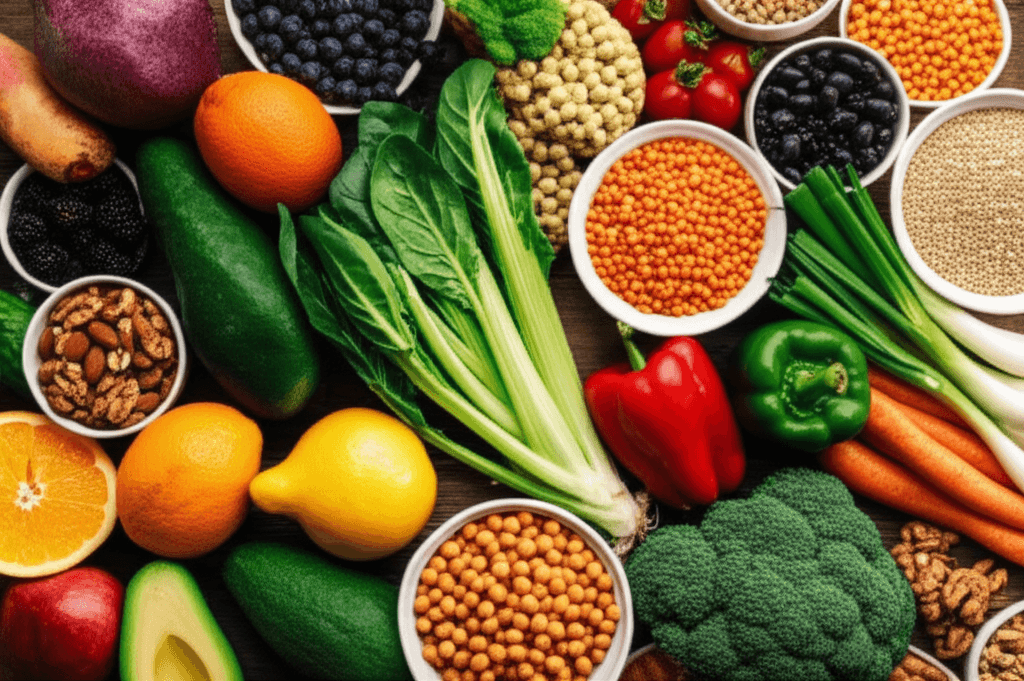
The Power of Whole Foods: Why They Trump Supplements
Whole foods offer a “food matrix” – a complex combination of nutrients that interact to enhance absorption and provide greater health benefits than individual nutrients alone. For instance, vitamin C in fruits aids in iron absorption from plant-based foods. Supplements, conversely, lack this intricate matrix, which can limit their bioavailability and overall effectiveness. Furthermore, relying on whole foods helps prevent nutrient imbalances that can occur with excessive intake of certain vitamins or minerals from supplements.
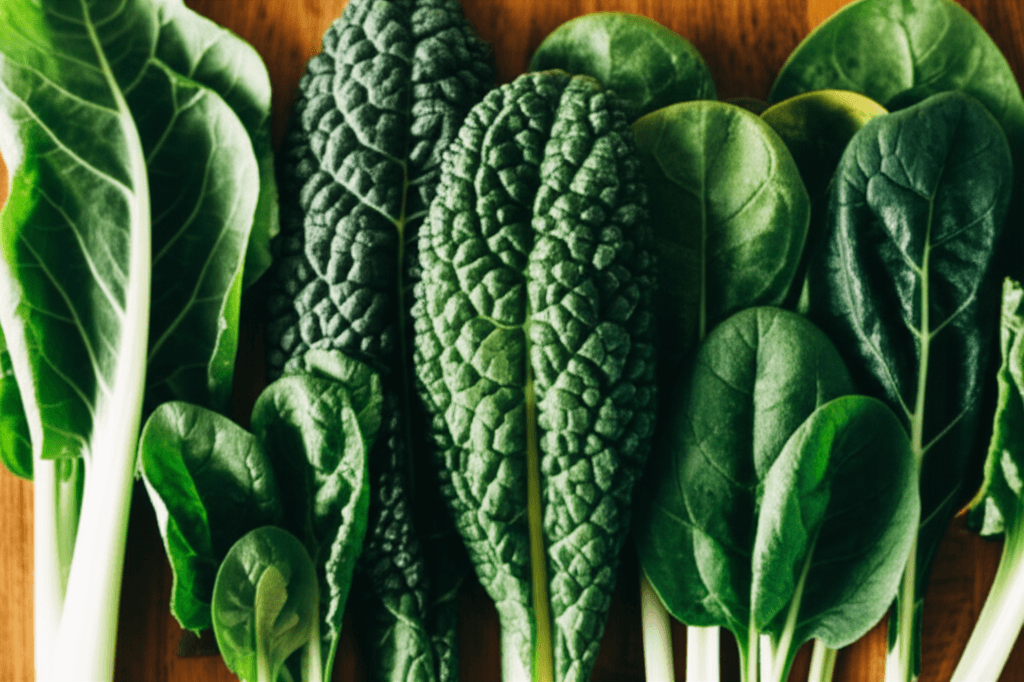
1. Leafy Green Vegetables
Dark, leafy greens like kale, spinach, watercress, and collard greens are nutritional powerhouses. They are exceptionally rich in vitamins A, C, and K, as well as minerals like iron, calcium, and magnesium. These greens also provide fiber and a variety of anti-inflammatory antioxidants, supporting immunity, bone health, and skin.
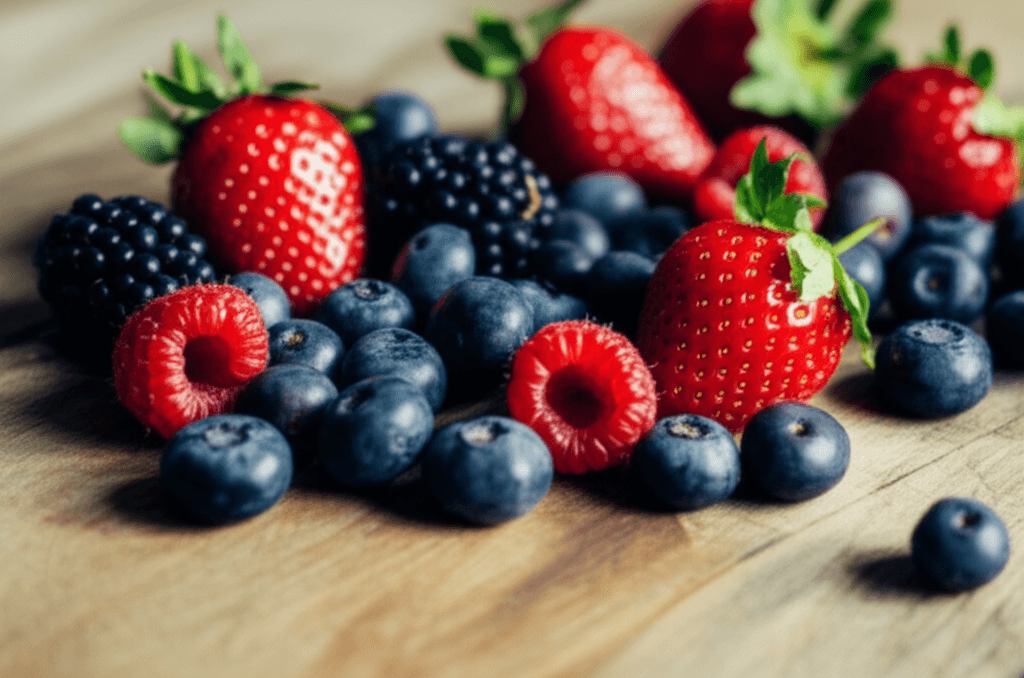
2. Berries
Small but mighty, berries such as blueberries, cranberries, and raspberries are loaded with antioxidants, fiber, and immune-boosting vitamin C. Their anti-inflammatory properties and high phytonutrient content make them excellent for overall health, including memory and cellular support.

3. Eggs
Often hailed as “nature’s multivitamin,” whole eggs offer high-quality protein, healthy fats, and a wealth of essential vitamins and minerals. The yolk, in particular, contains vital nutrients like vitamin B12, choline (crucial for brain health), lutein, and zeaxanthin, which protect eye health.
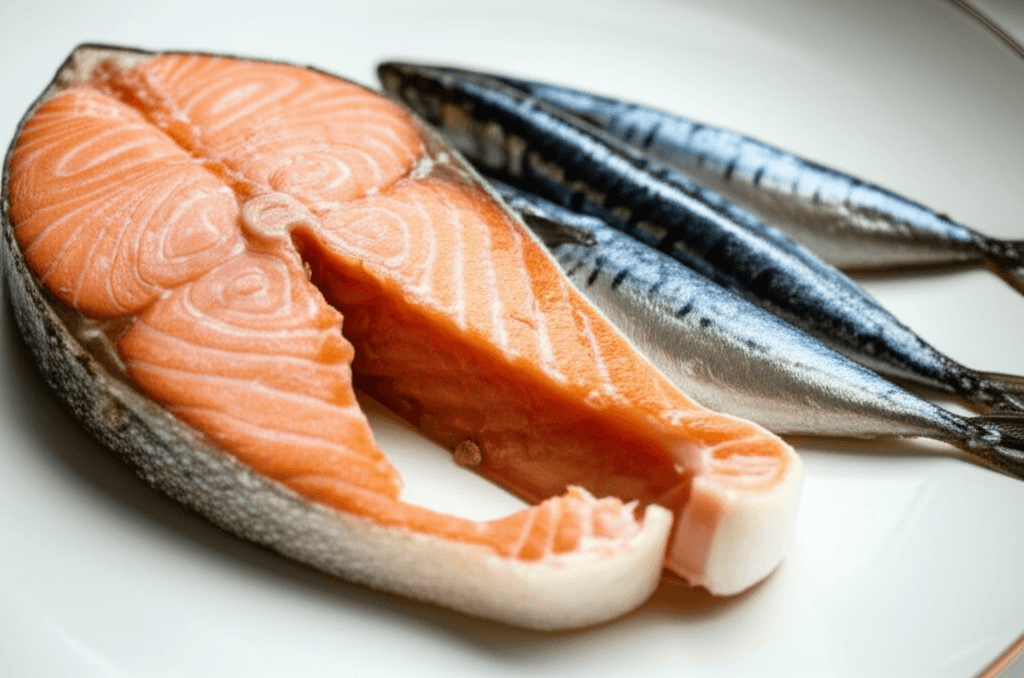
4. Fatty Fish (e.g., Salmon, Sardines, Mackerel)
Fatty fish are exceptional sources of lean protein and the highly beneficial omega-3 fatty acids, which are vital for cognitive function, immune system support, and reducing inflammation. Salmon, sardines, and mackerel also provide important vitamins like D and B vitamins, as well as minerals such as calcium and selenium.
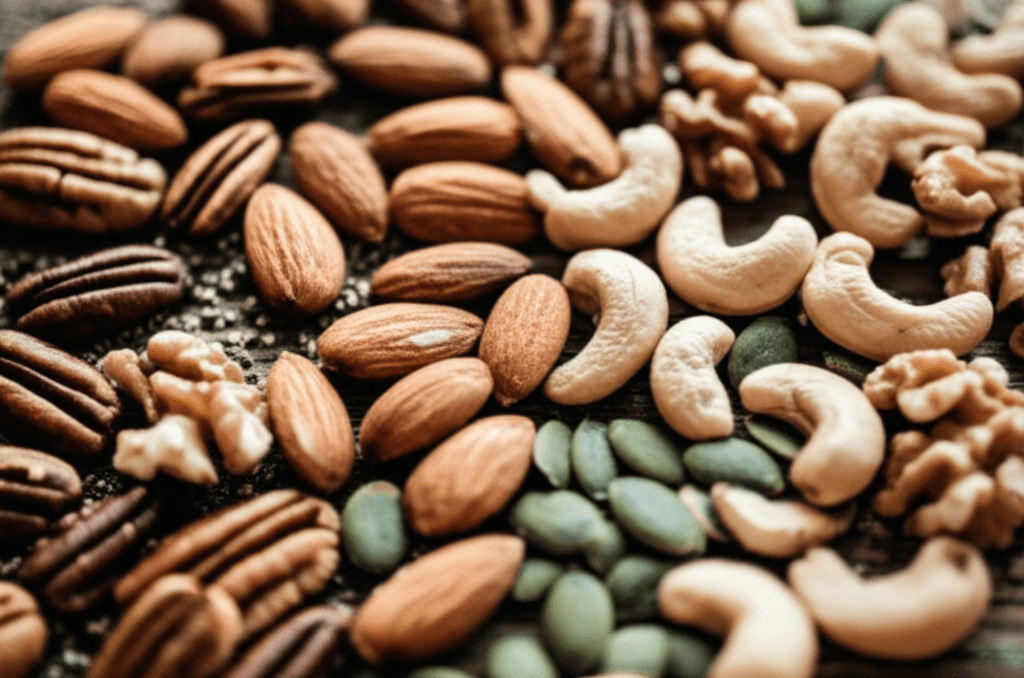
5. Nuts and Seeds
Unsalted nuts and seeds (e.g., almonds, walnuts, chia seeds, flaxseeds, pumpkin seeds) are concentrated sources of plant-based protein, fiber, and healthy unsaturated fats. Depending on the type, they offer various micronutrients like magnesium, zinc, manganese, copper, selenium, phosphorus, and B vitamins. Chia and flaxseeds are particularly noted for their heart-healthy omega-3s.
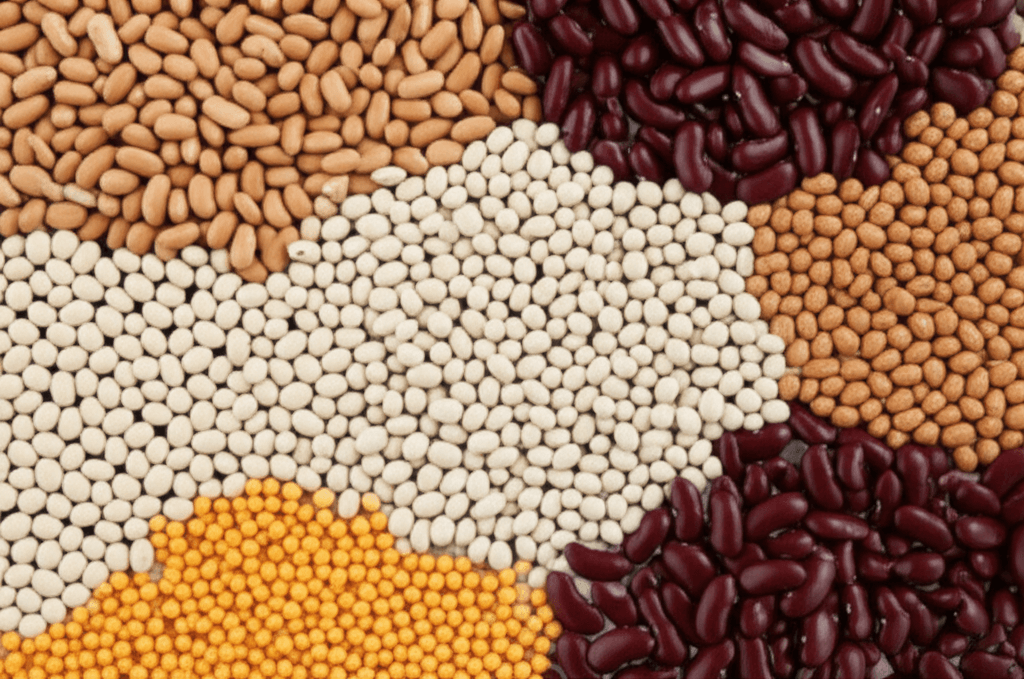
6. Pulses (Beans and Lentils)
Pulses, including beans, lentils, and chickpeas, are excellent low-fat sources of plant-based protein and dietary fiber. They provide an array of essential micronutrients such as iron, folate, potassium, and magnesium, supporting digestive health, muscle recovery, and heart health.
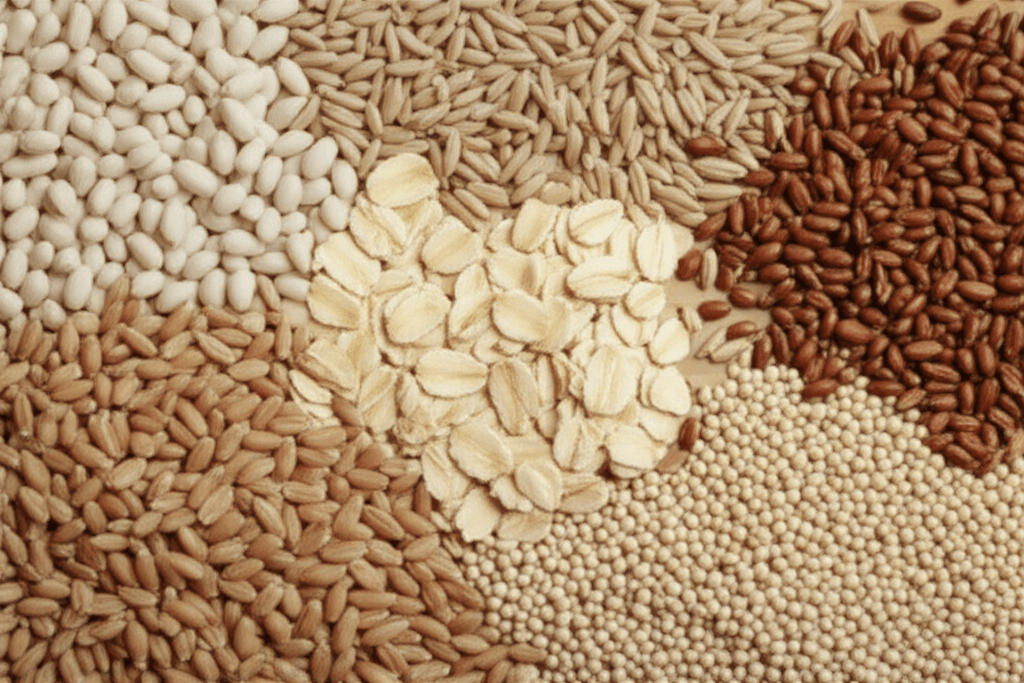
7. Whole Grains
Unlike refined grains, whole grains like oats, quinoa, brown rice, and barley retain all three parts of the grain – the bran, germ, and endosperm – each contributing different healthy nutrients. They are rich in fiber, B vitamins, minerals (including magnesium and iron), and antioxidants, providing sustained energy and supporting digestion.
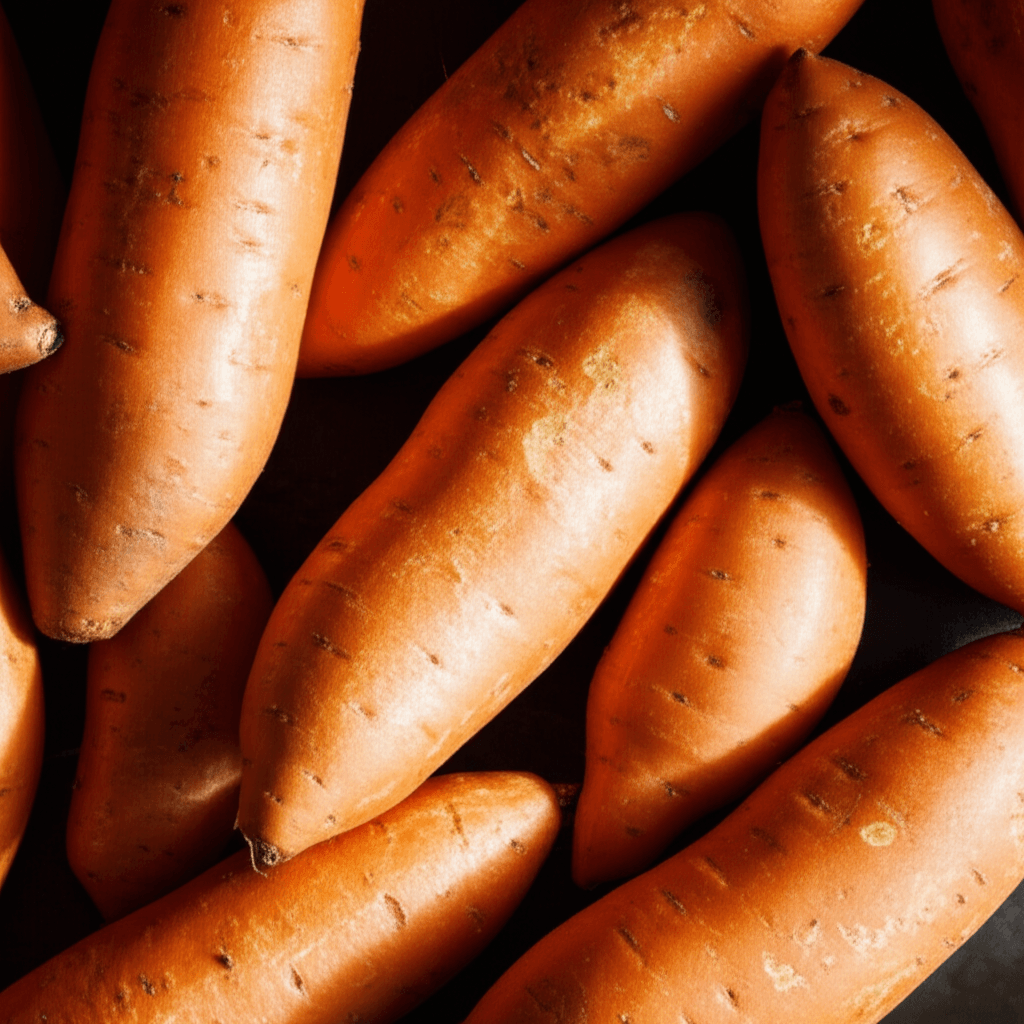
8. Sweet Potatoes
These vibrantly colored tubers are a fantastic source of carbohydrates and are packed with nutrients. Their deep orange color signals a high concentration of carotenoids, like beta-carotene, which the body converts into vitamin A. Sweet potatoes also supply potassium, some B vitamins, and fiber.
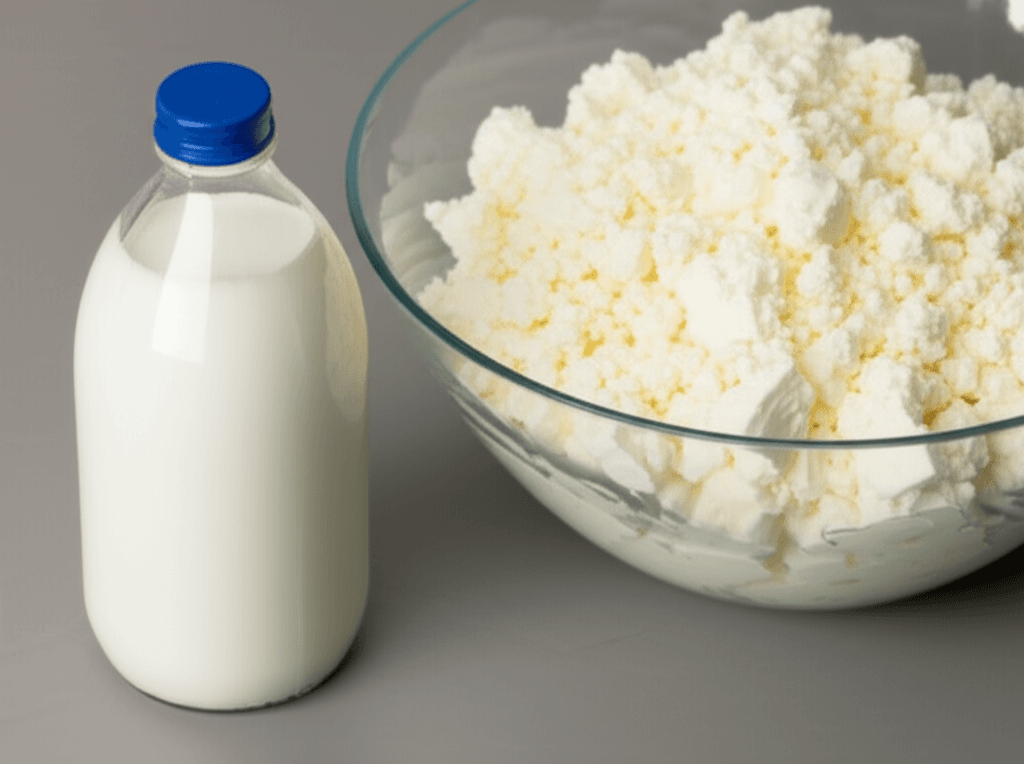
9. Low-Fat or Fat-Free Dairy Products
Options like low-fat yogurt, cottage cheese, and milk are protein-rich and provide essential nutrients for bone health. They are good sources of calcium, vitamin D (often fortified), B vitamins (like riboflavin and B12), and phosphorus, promoting strong bones and gut health.
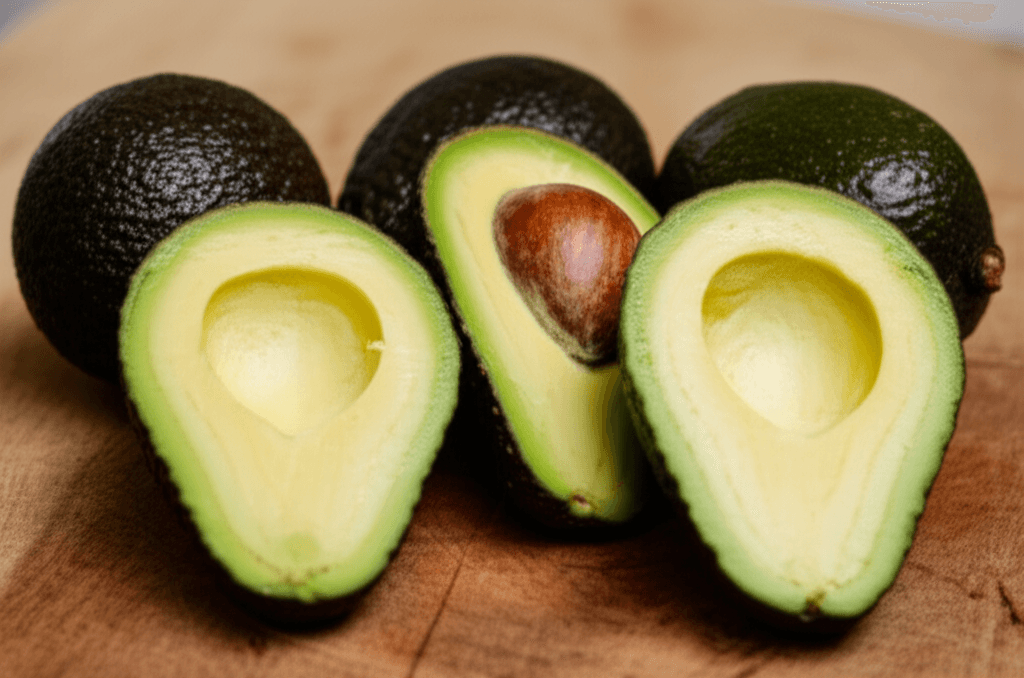
10. Avocados
Avocados are renowned for their healthy monounsaturated fats, fiber, and an impressive array of vitamins and minerals. They are especially rich in potassium, magnesium, manganese, and copper, which are crucial for blood pressure regulation, heart health, and various bodily functions.
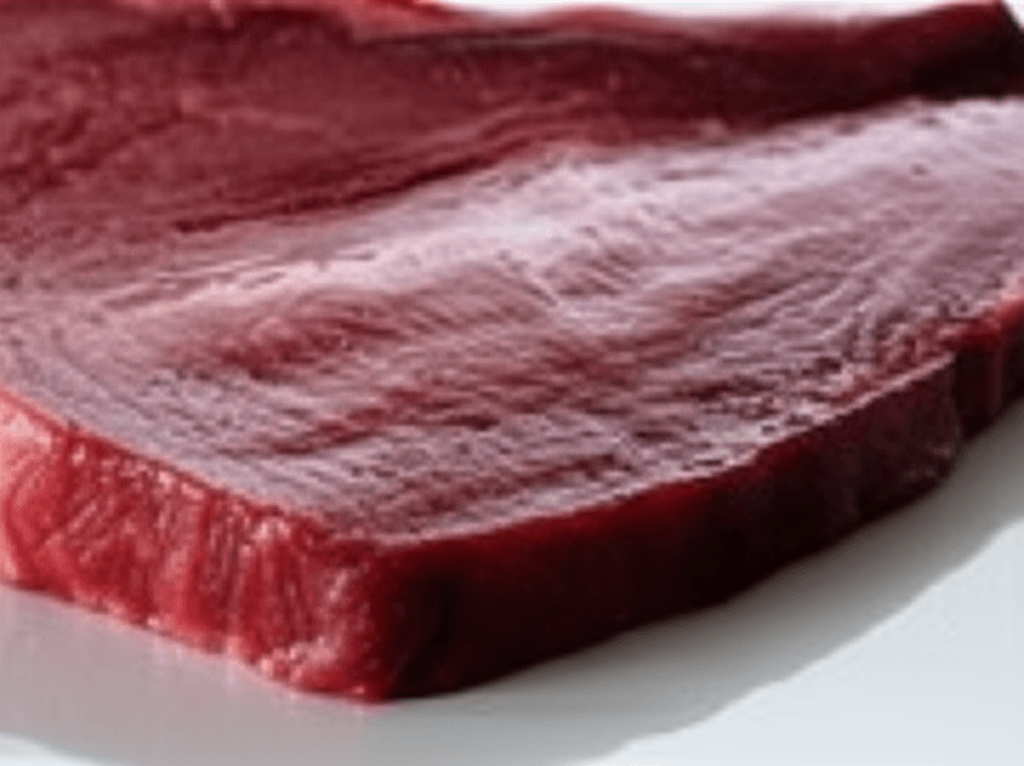
11. Organ Meats (e.g., Liver)
While not for everyone, organ meats, particularly beef liver, are incredibly nutrient-dense. They are exceptionally high in iron, vitamin A, and B12, along with other B vitamins, zinc, and copper. These nutrients are vital for energy levels, immune function, and overall cellular health.
By prioritizing these nutrient-dense foods, you can build a robust dietary foundation that naturally provides the essential vitamins, minerals, and other beneficial compounds your body needs, often making broad-spectrum supplementation unnecessary. Consult with a registered dietitian to tailor these recommendations to your individual health needs and dietary preferences.




